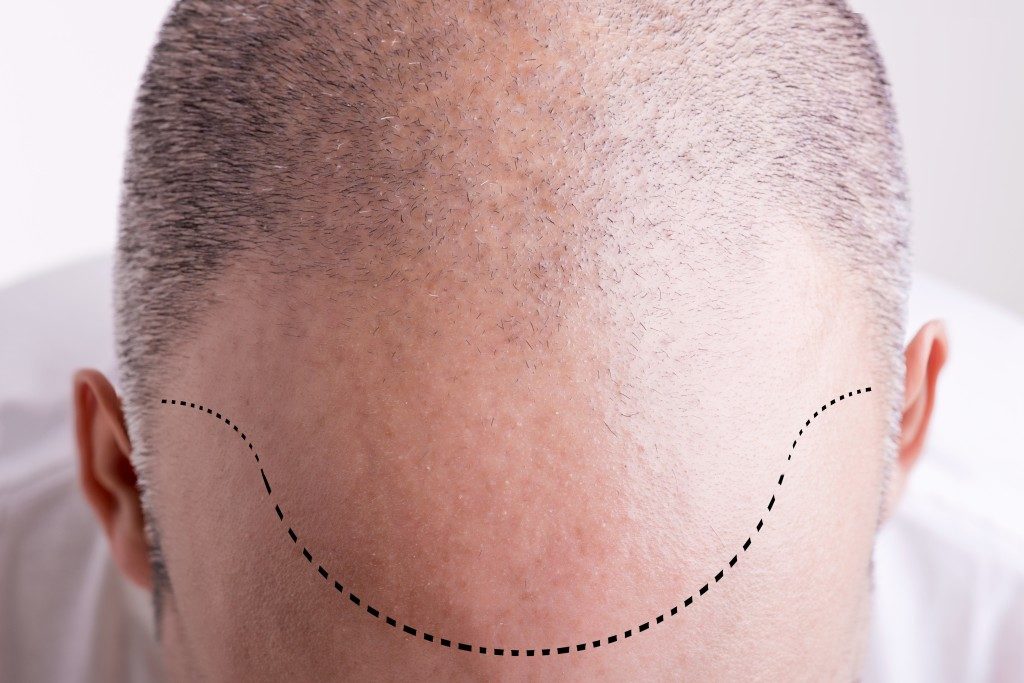Sports have such positive impacts on the health and well-being of people. Athletes are disciplined, committed, and goal-oriented. They gain very particular skills in teamwork, collaboration, and decision-making than their non-athletic peers. They are also highly motivated and would often take better care of their bodies than their peers. However, athletes are not perfect. They fall to temptation, pressure, and stress. This is the reason why they are also susceptible to eating disorders.
The National Eating Disorder Association (NEDA) made a study of NCAA athletes. It found that over one-third of female athletes have symptoms of anorexia, or they have attitudes that place them at risk for anorexia. Male athletes, to a lesser degree, have the same risks, though mostly for binge-eating.
Anorexia and bulimia are the most common eating disorders in both athletes and non-athletes. Anorexics have a distorted view of their bodies, often thinking that they are overweight when they’re actually underweight and malnourished. Bulimics binge on a large quantity of food and then use unhealthy methods to get rid of unwanted calories. They usually induce vomit, use laxatives or diuretics, and do excessive exercises.
Sports can actually be a part of the treatment plan for bulimia nervosa. That and healthy eating, complete workout, and routine practices. However, that does not mean that athletes do not experience the same triggers as eating disorders. The truth is that athletes may even be on a riskier path to binge-eat or excessively lose weight.
Weight-sensitive Sports
Athletes in weight-sensitive sports are more prone to eating disorders. Gravitational sports such as track running, cross-country skiing, cycling, and ski jumping make athletes think that they have to be paper-thin to perform better. Weight-class sports such as rowing, weightlifting, boxing, judo, wrestling, and taekwondo make athletes feel that they have to put on more weight for strength and durability.
The problem is that eating disorders usually put athletes at a greater risk of health problems. The thinking that losing or gaining more weight will make them perform better is inaccurate. Distance runners, for example, burn more calories during training and competition. They do not need to lose more weight than they should maintain to be faster.
Athletes in aesthetically-judged sports also fall victims to eating disorders. Ballet, gymnastics, diving, synchronized swimming, and figure skating can make athletes feel that aesthetics is more important than their well-being. Many feel that it’s more important to look physically fit than to be physically fit and well.

Other Reasons
It’s not only the sports they play that contribute to such thinking. Athletes face enormous pressure from their families, peers, schools, communities, and fans. Many feel that they have to meet such high standards to keep the admiration of their families, friends, and fans. Of course, it will not help if they are also facing problems in their interpersonal relationships or if they have traumatic experiences in the past, such as physical or sexual abuse.
The pressure from the people around them will also make athletes think that their bodies’ composition is at fault. When they are not performing well, athletes may also blame their bodies rather than discipline to practice, exercise, or eat the proper diet. If there is little or no improvement in their performance, athletes almost always feel that their binge-eating or undereating is not enough, so they go to great lengths to either lose or gain more weight.
Symptoms of Eating Disorders
The symptoms of eating disorders in athletes and non-athletes are not much different. Usually, athletes have decreased concentration, energy, coordination, and muscle function when eating unhealthily. They also feel tired most of the time, and they do not have the stamina to practice and work out. Along with poorer interaction with their teammates, general moodiness, and isolation, these symptoms can lead to the spiraling down of the athletes’ health and well-being.
As they succumb more to the pressure of their sports and the heaviness of the task before them, athletes suffering from eating disorders will often feel withdrawn. They will be unlike their usual self. Their teammates and coaches must sound the alarm if they notice these symptoms in the locker room.
The good thing about being an athlete is that they do well with people surrounding them. Even individual sports usually have a team of coaches that support an athlete. This makes it easier for athletes with eating disorders to join individual and group therapies. There are plenty of programs like these, though the first step will still involve admitting that there is a problem.







